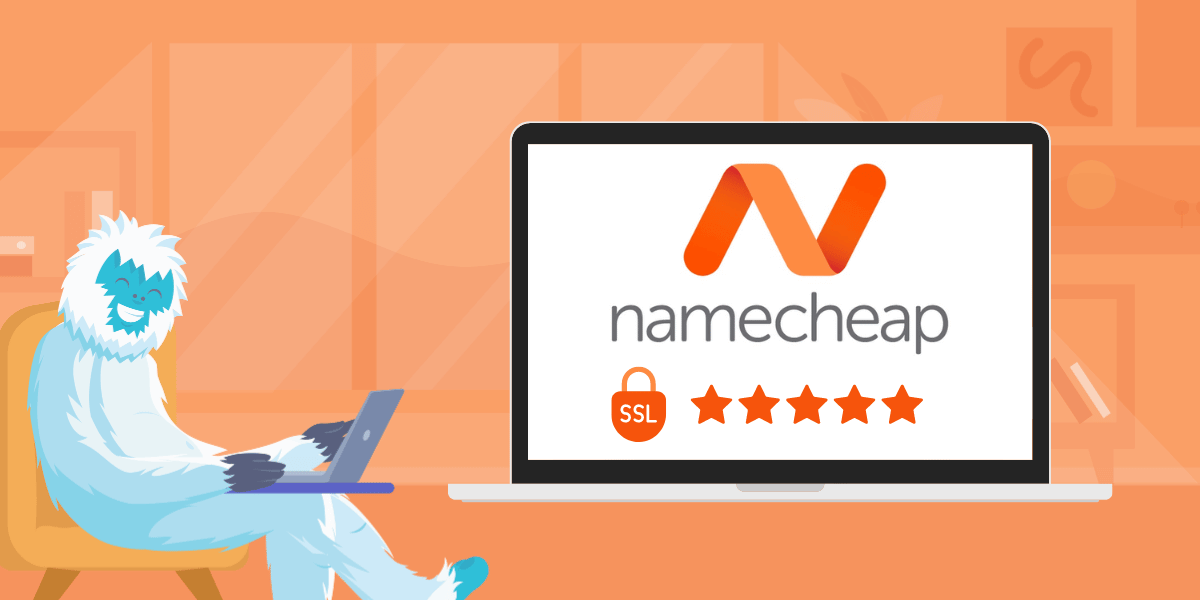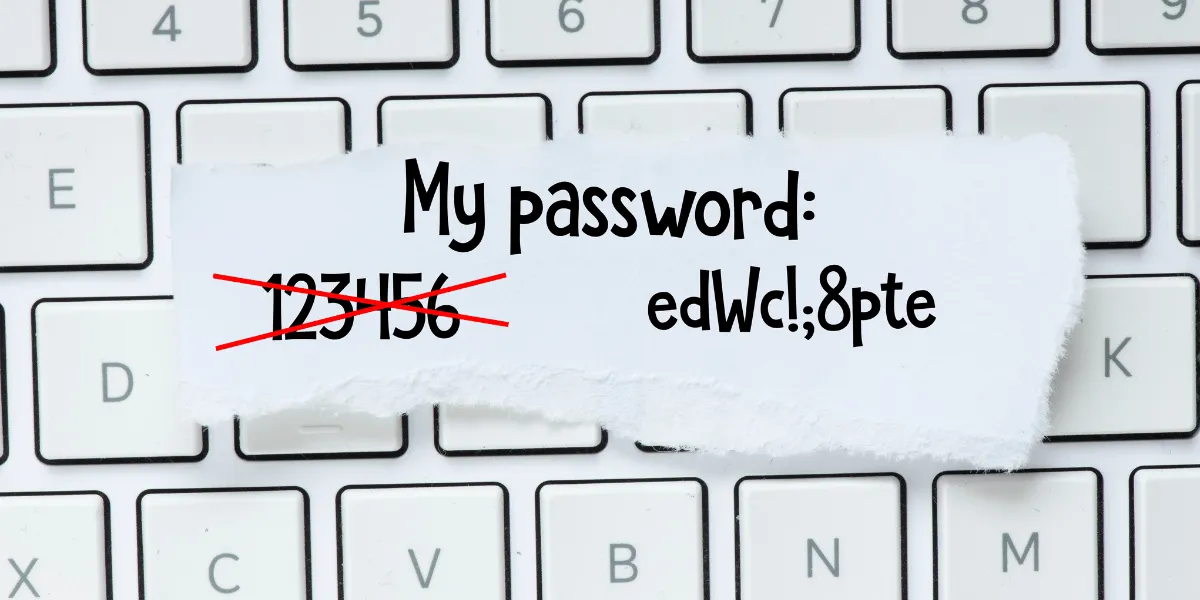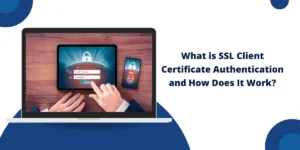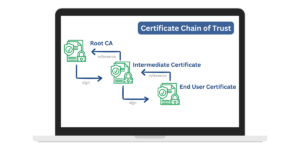Namecheap SSL Certificate Overview
The Namecheap SSL Certificate Review covers the essential role of SSL certificates in establishing trust and security on your website. They enable the Tune icon and HTTPS protocol, encrypt sensitive data, and assure visitors that your site is legitimate.
Namecheap, a popular domain registrar, also provides competitively priced SSL certificates. This review will explore the different Namecheap SSL options, features, pricing, and more.
Key Takeaways
- Namecheap offers affordable SSL certificates starting at just $5.99 per year. Their PositiveSSL certificate provides basic encryption, while True BusinessID adds more validation.
- All Namecheap SSL certificates use 256-bit encryption and 99.9% browser recognition. Extended validation certificates provide maximum trust and a green address bar.
- Namecheap SSL certificates can be used on unlimited servers and support multiple domains. Wildcard certificates secure unlimited subdomains on one domain.
- Namecheap provides very competitive pricing compared to other SSL providers. Bundled deals offer the best value when purchasing multiple years upfront.
- The main downside is the need for brand recognition compared to leading brands like Comodo and DigiCert. Support options are also relatively limited.
Namecheap Overview
Namecheap is one of the largest and most affordable domain name registrars. Founded in 2000, the company manages over 10 million domains and serves over 2 million customers globally.
In addition to domain names, Namecheap provides web hosting, email, security certificates, and other products for building an online presence. Their services are designed to be simple and affordable for small businesses and developers.
Namecheap entered the SSL market in 2015 to provide an easy and budget-friendly source of SSL certificates to go along with domains and hosting. Their SSL certificates offer the core security features at competitive prices.
What are the Main Advantages of Namecheap SSL
- Lowest Prices: Namecheap SSL options start at just $5.99/year, among the lowest prices available.
- Easy Validation: Validation is quick and automated using email and file verification methods.
- Unlimited Servers: You can secure unlimited servers with a single Namecheap SSL certificate.
- Worldwide Support: Namecheap has servers distributed globally to ensure worldwide certificate validation.
What is Namecheap SSL, and how do I use it?
Namecheap SSL certificates use encryption to establish a secure, encrypted connection between a web server and a browser. The certificate activates the Tune Icon and HTTPS protocol to protect data in transit.
The basic process of using a Namecheap SSL certificate involves:
- Purchasing: You purchase the desired type of SSL certificate directly from the Namecheap website.
- Validation: Namecheap will verify you control the domain through automatic email and file validation.
- Installation: You install and activate the SSL certificate on your web server. Namecheap provides instructions for all major server types, such as Apache, Nginx, IIS, etc.
- Renewal: To maintain security, Make sure to renew SSL certificate before expiration. Namecheap sends reminder emails ahead of expiration.
Once the SSL certificate is installed on your server, all traffic between the server and browsers will be encrypted. The website address will change from HTTP to HTTPS and show a Tune icon. This verifies your identity and protects sensitive data transmitted online.
Most major web hosts make SSL installation simple through auto-installers or control panels like cPanel. However, Namecheap also offers support articles that walk you through manual installation on any server type.
What are the Features of Namecheap SSL Certificate
All Namecheap SSL certificates share core features while adding additional validation and security at higher tiers.
Encryption & Security
The primary purpose of an SSL certificate is to enable encryption and HTTPS. Namecheap SSL uses industry-standard 256-bit encryption that would take billions of years to crack. This ensures that all data remains secure against interception or spoofing attacks.
Namecheap maintains global Certificate Authority infrastructure. This means its root certificates are trusted in all major browsers and devices, ensuring universal HTTPS compatibility.
Validation
Higher levels of certificate validation provide more identity assurance:
- Domain Validation (DV SSL): Basic validation only checks the control of the domain name with automated email and file verification.
- Organization Validation (OV SSL): This adds vetting of the business identity through legal documents and phone verification.
- Extended Validation (EV SSL): Top-level validation requires extensive company vetting and turns the address bar green.
Supported Server Types
Namecheap SSL certificates are compatible with all major server platforms, including:
- Apache
- Nginx
- IIS
- Tomcat
- IBM HTTP Server
- Zend Core
- Plesk
- cPanel
The certificates utilize industry standard 2048-bit RSA public and private keys.
Multi-Domain & Subdomain Coverage
With a single license, Namecheap SSL certificates can be used to secure:
- Unlimited servers: You can install the SSL on as many physical servers or virtual hosts as needed.
- Multiple domains: Add up to 100 total domain names depending on the certificate type.
- Unlimited subdomains: Wildcard SSL certificates secure unlimited subdomains of the root domain.
Browser Compatibility
Namecheap maintains certificates with all major trust store programs like Microsoft, Apple, Mozilla, Google, and Oracle. This results in nearly universal browser compatibility of 99.9%. The certificates will work anywhere your customers access your site.
Certificate Transparency
Namecheap has adopted Google’s Certificate Transparency initiative for all SSL certificates. This initiative provides open data on all issued certificates to identify and thwart potential certificate fraud/misuse.
Managed Renewals & Support
Namecheap sends expiration notices ahead of time along with easy renewal instructions. This simplifies the process of maintaining an active SSL certificate.
Support options include extensive knowledge base articles, email tickets, and live chat. Phone support is not available, which can be a drawback for major technical issues.
Best Namecheap SSL Certificates
Namecheap offers three main SSL certificate types at increasing levels of security and validation.
| SSL Certificate | Validation Level | Warranty | Price/Yr | |
|---|---|---|---|---|
| Comodo PositiveSSL | Domain (DV) | $10,000 | $5.99/yr | Read More |
| Comodo EssentialSSL | Domain (DV) | $10,000 | $13.89/yr | Read More |
| Comodo PositiveSSL Multi-Domain | Domain (DV) | $10,000 | $19.50/yr | Read More |
| Comodo InstantSSL | Organization (OV) | $50,000 | $19.99/yr | Read More |
| Comodo InstantSSL Pro | Organization (OV) | $100,000 | $29.78/yr | Read More |
| Comodo PositiveSSL Wildcard | Domain (DV) | $10,000 | $39.99/yr | Read More |
| Comodo EV SSL | Extended (EV) | $1,000,000 | $45.99/yr | Read More |
| Comodo PremiumSSL | Organization (OV) | $250,000 | $49.99/yr | Read More |
| Comodo UCC SSL | Organization (OV) | $250,000 | $49.99/yr | Read More |
| Comodo Multi-Domain SSL | Organization (OV) | $250,000 | $61.99/yr | Read More |
| Comodo EssentialSSL Wildcard | Domain (DV) | $10,000 | $79.99/yr | Read More |
| Comodo EV Multi-Domain SSL | Extended (EV) | $1,000,000 | $92.99/yr | Read More |
| Comodo PremiumSSL Wildcard | Organization (OV) | $250,000 | $117.99/yr | Read More |
How to Find the Best Namecheap Coupon Codes, Deals & Offers
There are a few tips to get the lowest price on Namecheap SSL certificates:
- Check for introductory discounts for your first purchase. Namecheap often offers 20% off coupons for new customers.
- Buy multiple years upfront for the biggest bundled savings. A 2-3 year plan is discounted compared to renewing yearly.
- Time your purchase around major holidays and sales events like Black Friday and Cyber Monday when Namecheap has special promo offers.
- Consider a combo deal. Namecheap offers coupon codes when you buy domains, professional business emails, hosting, and SSL certificates together.
- Sign up for the Namecheap newsletter for notifications about upcoming coupons and deals.
Namecheap Coupon Codes July 2024
Pros of Namecheap SSL Certificate
Let’s summarize the key benefits that Namecheap SSL certificates provide:
- Low Price: Namecheap has among the lowest SSL certificate prices, starting at just $5.99/year. Even extended validation is affordable at $45.99/year.
- Quick Validation: Validation is automated using email and file verification for fast and simple domain verification.
- Unlimited Servers: A single Namecheap SSL certificate can be installed on an unlimited number of physical or virtual servers.
- Multi-Domain: You can secure up to 100 domain names depending on certificate type with a single license.
- Wildcard Support: Wildcards secure unlimited subdomains on a single root domain.
- Strong Encryption: 256-bit encryption keeps data secure, and 2048-bit RSA keys enable HTTPS.
- Global Operation: Namecheap has globally distributed Certificate Authority infrastructure for worldwide website use.
- Transparency: Namecheap certificates support Certificate Transparency to prevent misuse.
- Renewal Reminders: You will receive notices ahead of expiration to renew and maintain security.
For budget-friendly SSL security, Namecheap delivers the core essential features at very affordable prices.
Cons of Namecheap SSL Certificate
While Namecheap SSL certainly has benefits, there are also a few downsides to consider:
- Limited Brand Recognition: Namecheap doesn’t have the brand reputation of leading SSL providers like DigiCert or Sectigo, which may impact trust.
- No Phone Support: Support is limited to tickets, chat, and the knowledge base. The phone is not available, which can be problematic for urgent issues.
Why Choose Namecheap for an SSL Certificate?
Here are the top reasons to consider using Namecheap for your SSL certificate needs:
- Cost: Namecheap has some of the most affordable SSL certificates available today, starting at just $5.99/year.
- Simplicity: The purchase process is quick and intuitive. Installation is simplified with guides for all major server platforms.
- Validation Options: Namecheap offers domain, organization, and extended validation certificates to match your validation needs.
- Bundled Savings: You can get discounts when purchasing Namecheap domains, hosting, and SSL certificates together.
- Worldwide Coverage: Namecheap has a globally distributed CA infrastructure for support across all regions.
- Transparency: Namecheap was one of the first CAs to adopt Certificate Transparency for fraud prevention.
- Free Reissues: If you need to reorder the certificate during the license term, Namecheap will reissue it for free.
- Refund Policy: Namecheap offers a 15-day money-back guarantee if you are not satisfied with the SSL certificate.
- Renewal Reminders: You’ll get emailed notices ahead of expiration to renew and maintain an active certificate.
- Reputation: Namecheap has a long track record and reputation in the web services industry. They offer reliable SSL certificates backed by a trusted CA.
Should I pay for namecheap SSL?
Namecheap SSL certificates provide affordable SSL protection, but are paid certificates necessary for everyone? Here are some factors to help you decide:
- Personal sites: Free SSL options from your web host are likely sufficient for individual sites and blogs. Paid SSL certificates provide added security but aren’t as necessary.
- Small business sites: A low-cost domain-validated certificate adds trust to small business sites that handle customer inquiries and orders.
- Ecommerce sites: Any ecommerce site accepting payments and handling private customer data should use an OV or EV SSL certificate.
- Large traffic sites: Websites with substantial traffic should use a paid certificate for performance benefits and added security layers.
- Compliance requirements: Regulated industries like healthcare and finance may require EV validation to meet compliance standards.
- Development sites: Free or self-signed certificates are acceptable during development and testing. Only use paid certificates on live production sites.
Final Words
Namecheap SSL certificates provide an affordable way to activate HTTPS protection on your website. The certificates offer the core security capabilities needed for most personal and small business sites.
While more premium providers have higher brand recognition and advanced features, Namecheap delivers reliable encryption at budget-friendly price points. Their streamlined purchase and installation process also makes it easy for non-technical site owners to add SSL security.
Consider your specific needs in terms of budget, validation level, and features. However, for basic domain or organization-validated SSL, Namecheap certificates are a cost-effective solution.
Frequently Asked Questions About Namecheap SSL
What is the cheapest SSL certificate from Namecheap?
The cheapest Namecheap SSL certificate is PositiveSSL, which starts at just $5.99/year for one domain. It offers basic encryption with automated domain validation.
Does Namecheap SSL work with WordPress?
Yes, Namecheap SSL certificates work with WordPress. You can install it directly on your WordPress site through your host or use a plugin like Really Simple SSL.
Can you use a Namecheap SSL certificate on multiple domains?
Yes, depending on the type, you can add multiple domains to a single Namecheap SSL certificate. Entry-level tiers allow 2-3 domains, while higher tiers support up to 100 domains.
Does Namecheap support wildcard SSL?
Yes, Namecheap does offer wildcard SSL certificates for securing unlimited subdomains on a root domain. The wildcard SSL costs 2-3x more than a standard certificate.
How long does it take to issue a Namecheap SSL certificate?
Most Namecheap SSL certificates are issued within 1-3 business days. Automated domain validation allows faster issuance than manual validation required for OV and EV certificates.

Priya Mervana
 Verified Web Security Experts
Verified Web Security Experts
Priya Mervana is working at SSLInsights.com as a web security expert with over 10 years of experience writing about encryption, SSL certificates, and online privacy. She aims to make complex security topics easily understandable for everyday internet users.



